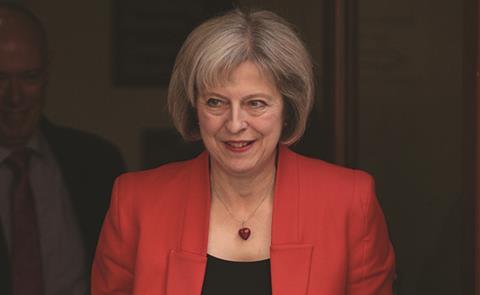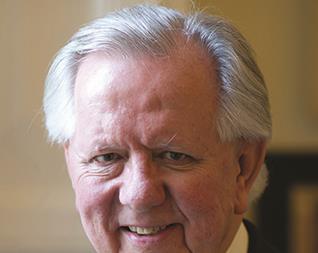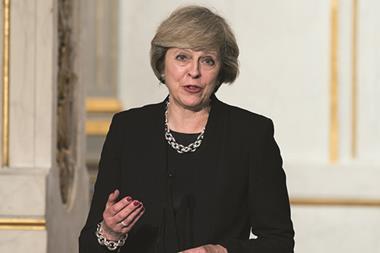And so we’re off. In a genuine surprise move, Theresa May has called a general election for 8 June despite No 10 having warned journalists off the idea for many months.

So what’s changed? First, the obvious voting arithmetic. With Labour currently trailing in the polls by upward of 20%, she must believe she has every chance of consolidating her party’s hold on Westminster.
She must believe that Labour is in a worse place now than it was in 1983 when Michael Foot led the party against a Margaret Thatcher who had proved her mettle in the Falklands conflict.
Labour is proving more adept at in-fighting than developing a coherent programme for government.
The Lib Dems have polled well in recent local elections but have only nine parliamentary seats. They may win a few back from the Tories but they too will be taken aback by this announcement and, when they have to cover the whole country, the party’s meagre resources don’t spread far. Mrs May will accept a modest degree of collateral damage from that quarter in order to claim a greater prize.

UKIP has lost its only MP, its leader is regarded as literally incredible after his performance in the Stoke by-election and, more importantly, Mrs May has shot the UKIP fox.
As a Remainer (albeit not a very convincing one), she has persuaded voters that she is serious about taking the UK out of the EU. Brexit really does mean Brexit.
The Scots Nats have already arguably topped their high-water mark and would be very lucky to hold all their current seats against a resurgent Tory party led in Scotland by the impressive Ruth Davidson.
Bigger majority
So Mrs May is confident that she can win a bigger majority than she has now and have the personal mandate from the electorate she has so far lacked.
But there are other strong reasons for going now. It is becoming clearer by the day (as I predicted some months ago) that taking control of our borders will not mean closing them. To do so would be economic suicide.
That’s not just about who serves your morning coffee but who nurses our elderly and sick, who builds our homes and offices and provides so many of the skills that, to our shame, we lack as a country. So, when we do achieve a clean Brexit - which is what we and our European colleagues fervently want - many Leavers will be very unhappy.

They are already worrying that all those Polish people whom they blame for taking their jobs are still here. When it becomes clear that the 100,000 migrant number is not going to be met and if anything we need more migrants, there will be a backlash from those voters who feel they have been betrayed.
A general election a year after the Brexit negotiations conclude, which is what Mrs May was facing before Tuesday’s announcement, would be much more difficult for the government than one in 2022.
Oh, and if you’re wondering how all this can happen when we have a Fixed-term Parliaments Act - surely the daftest act of David Cameron’s benighted administration - just remember that this legislation can be abolished by a simple majority in the House of Commons, and the sooner the better. Normal service will be resumed shortly after 9 June.






























No comments yet